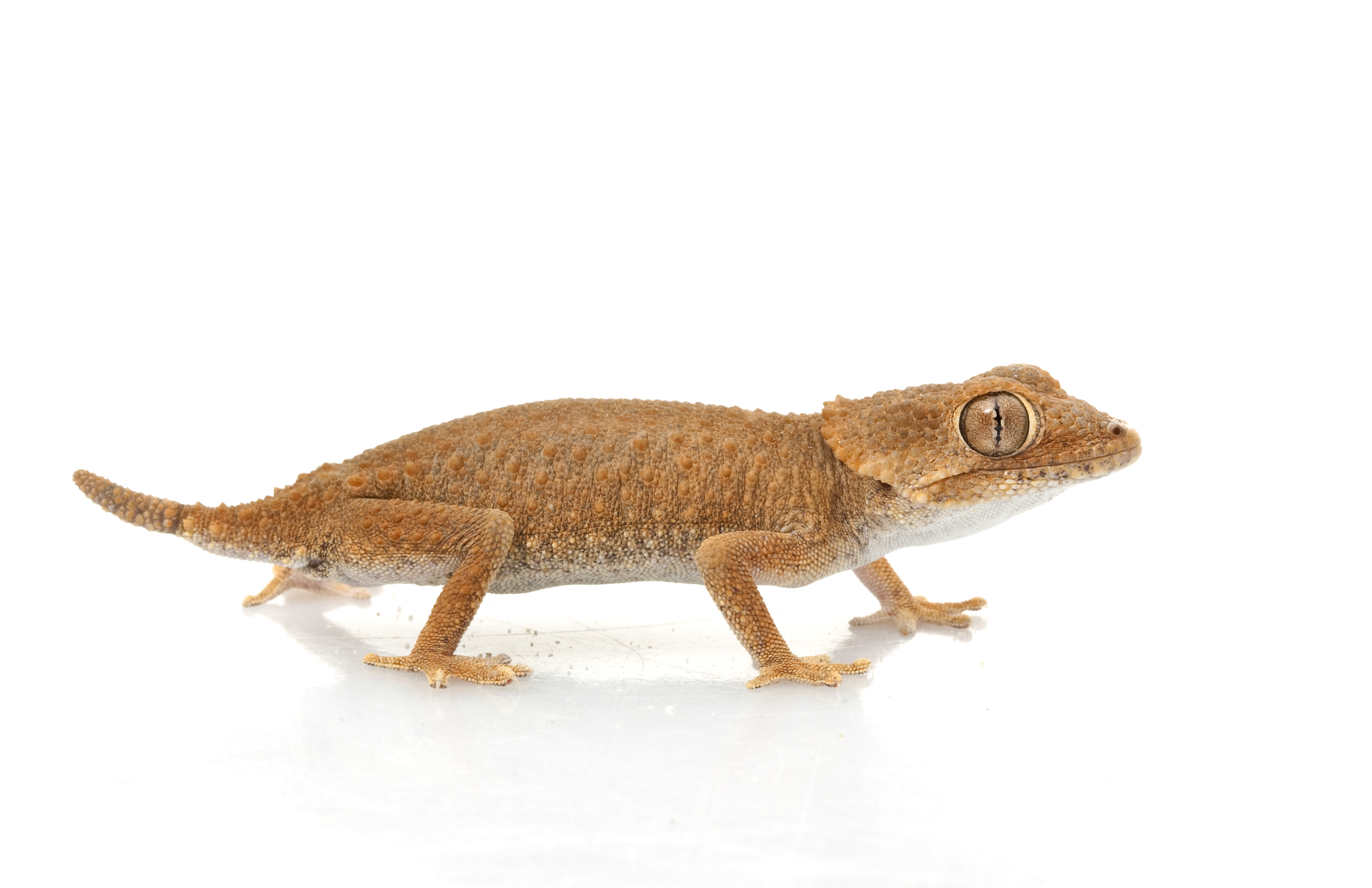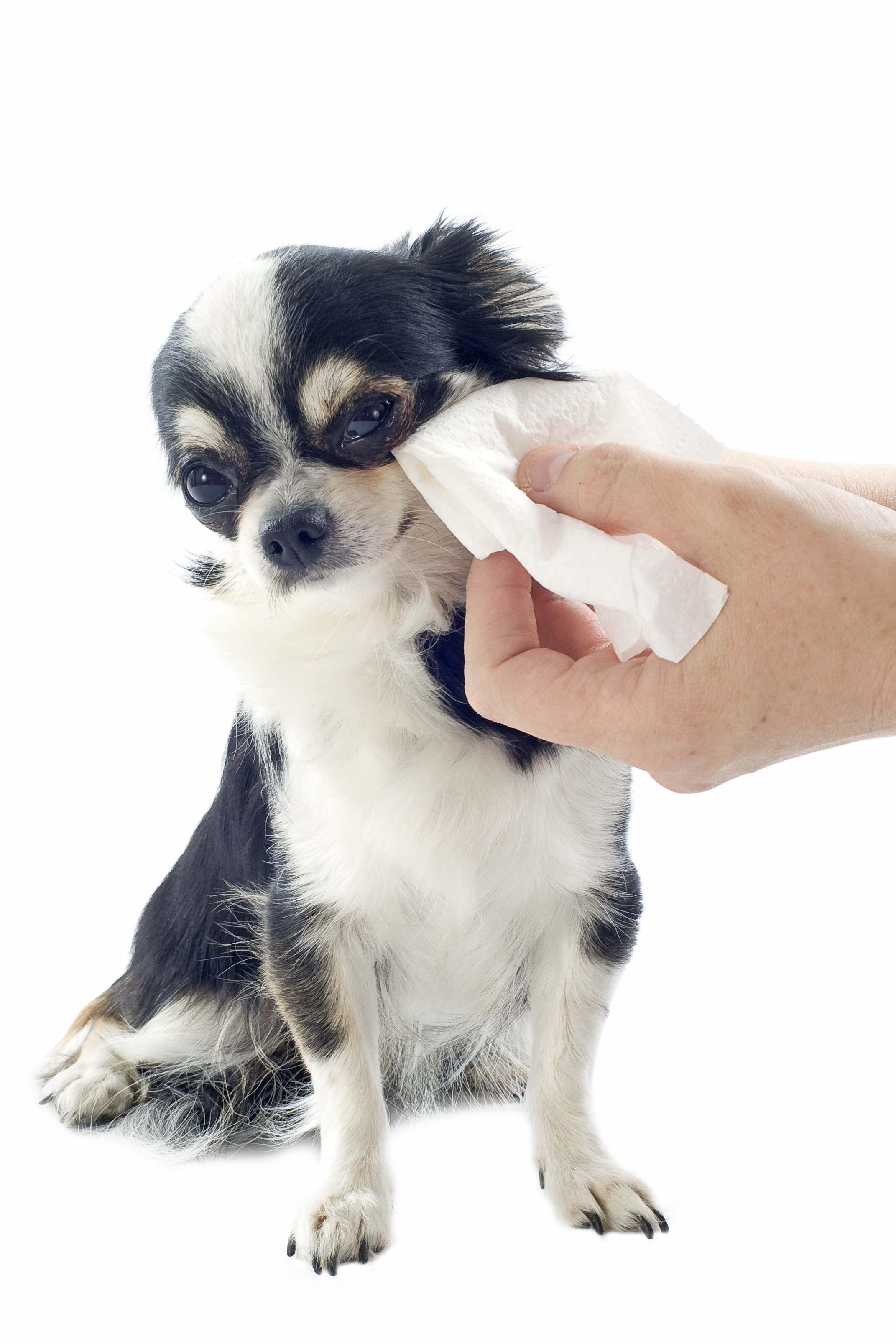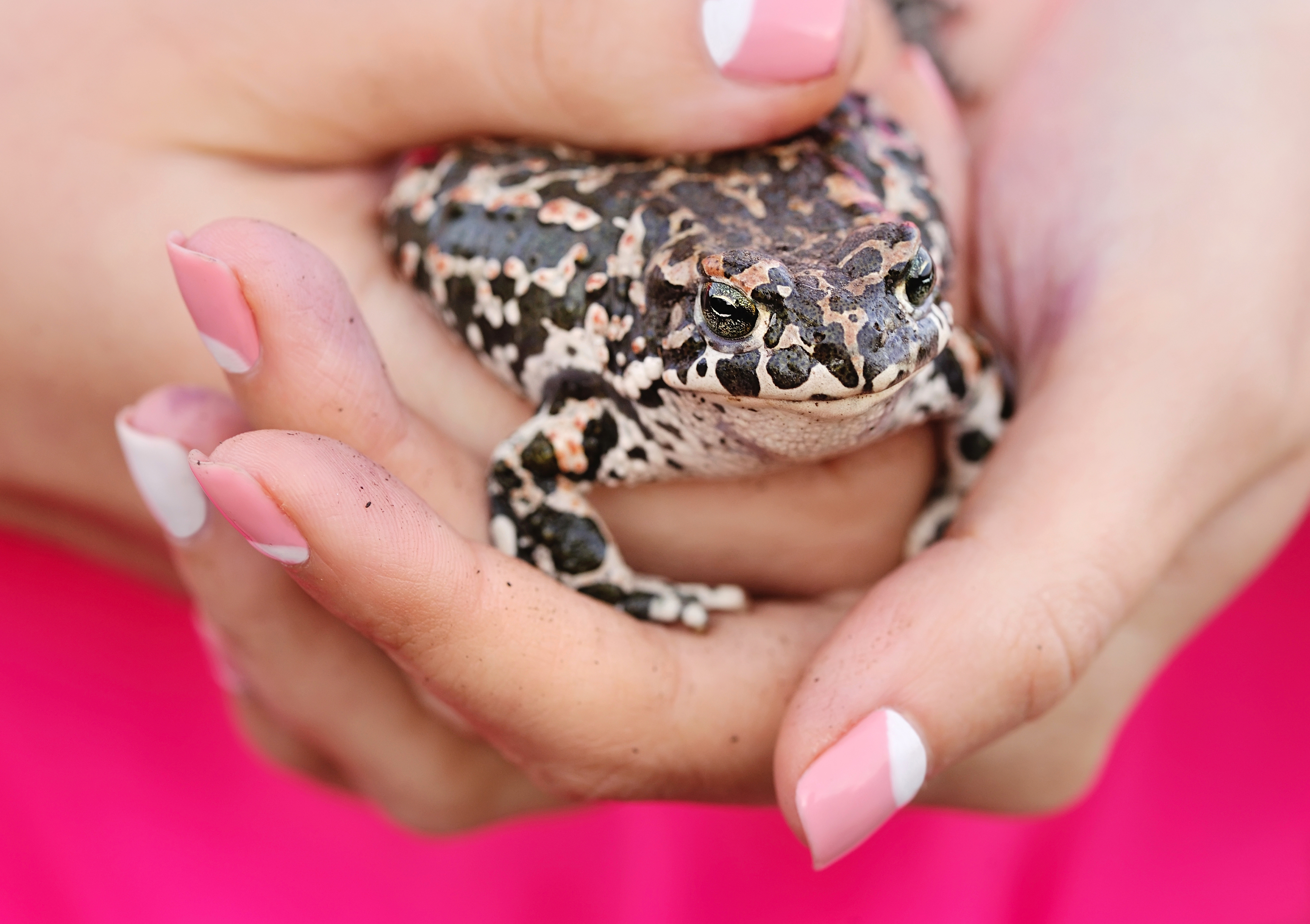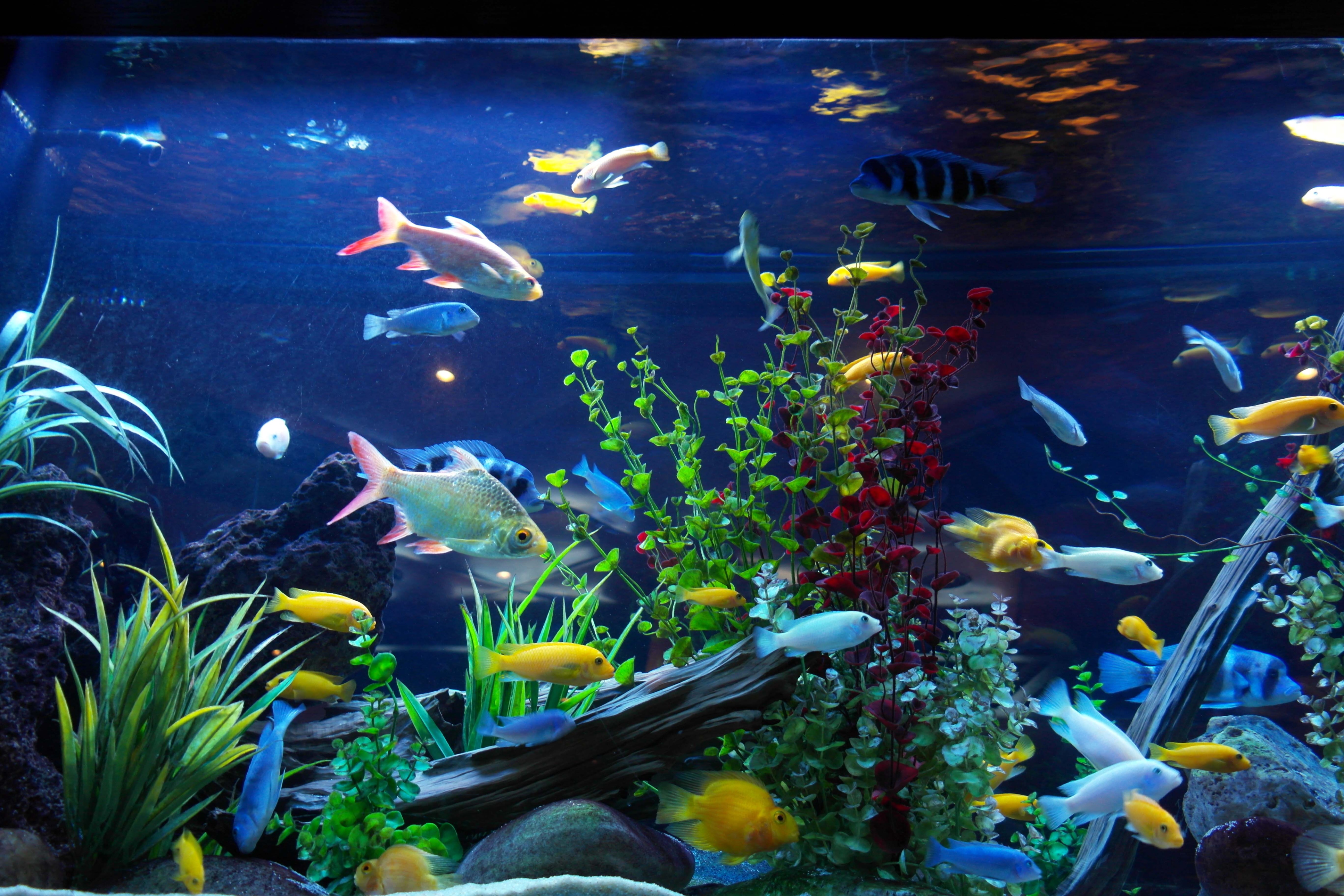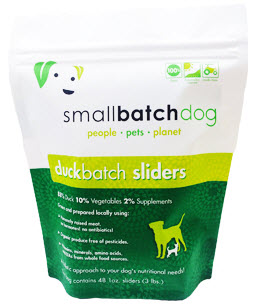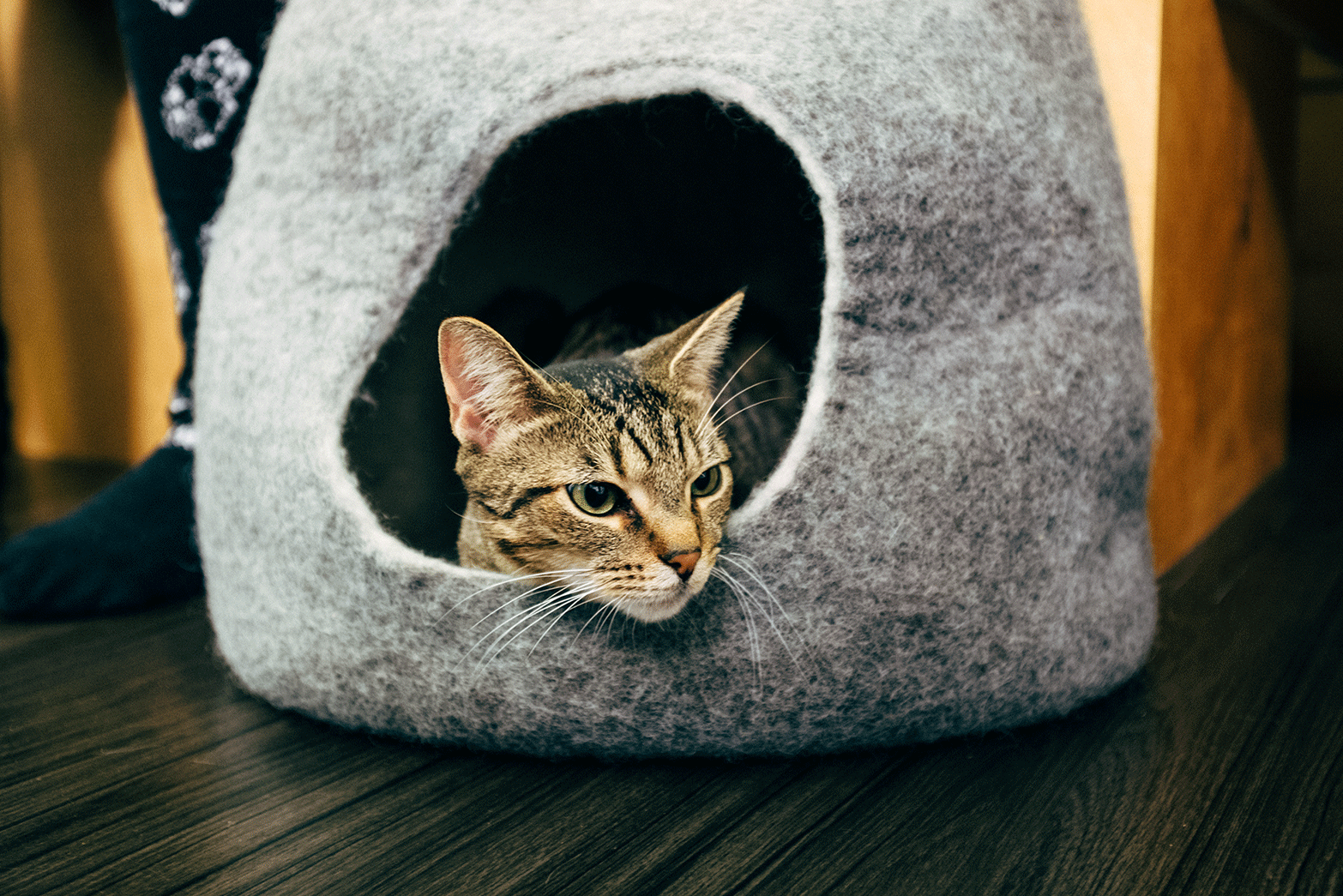Shell Game
Erik J. Martin //September 9, 2013//
Slow and steady wins the race,” may be the adage that turtles and tortoises live by, but smart pet retailers who aim to beat their competitors in the sales game may want to move quickly in stocking the newest foods and supplies for these animals.
Float-Friendly Food
One increasingly popular category is extruded foods for tortoises and turtles, which continue to be offered in greater variety from manufacturers. These edibles allow the feed to float on the water’s surface for aquatic species and generally increase palatability and digestibility compared to pelleted diets.
The newest example is a low starch tortoise diet by Mazuri Exotic Animal Nutrition, expected to launch in January 2014. This complete diet requires no additional supplementation and is designed using natural preservatives and vitamin E. The grass hay-based food provides high fiber and low starch—making it ideal for plant-eating land-dwelling tortoises of all species.
“Most other tortoise diets on the market are not extruded—they’re only pelleted. Using a combination of hot steam and pressure to cook the particle gelatinizes the starch component of the feed,” Carrie Kuball, Mazuri Exotic Animal Nutrition technical support and national sales professional based in Arden Hills, Minn., said. “This is helpful for animals who typically do not consume starch because they lack the proper enzymes required to digest it.”
Dr. Troy Tollefson, a Tampa, Fla.-based PhD nutritionist for Mazuri Exotic Animal Nutrition, has noticed a disturbing trend lately related to tortoise diets: The habit of many owners offering their pets mixed salads without complete pellets or extruded particles.
“Unless you have a very good grasp of nutrition or get lucky, this could easily cause a nutritional deficiency,” Tollefson said. “(This) could lead to a lowered immune system and unthriftiness, or even more serious problems like metabolic bone disease.”
Pet retailers can make a difference here by recommending a well-balanced tortoise or turtle diet, one, for example, that is rich in fiber for omnivorous type species and high in protein for animals that consume more insect-based or carnivorous diets in their native environments.
Filtering Out Better Options
When it comes to the health of aquatic turtles in particular, another important consideration that retailers should stress to consumers is water quality. Stocking higher-end filters can make a good impression.
Zoo Med offers two relatively new filters, the Turtle Clean 50 and 75 models (for 50- and 75-gallon tanks, respectively), that combine cutting-edge mechanical, biological and chemical filtration technology.
The filters’ double filtering system with internal biological recirculation increases efficiency of the biological filtration, and the included spray bar helps to increase oxygenation. The slimline design also allows the filter to fit into tight spaces, and the easy priming feature makes it user-friendly and simple to use.
Play Spaces
Turtle and tortoise owners are also continually on the lookout for distinctive and exciting habitats for hardback herps, according to Ashley Rademacher, animal care and education coordinator for Zoo Med Labs Inc. in San Luis Obispo, Calif.
“Some owners like to move their turtles and tortoises outside during the day and back inside at night,” Rademacher said. “In these cases, you need an enclosure that is versatile and gives the (pet) the experience of natural sunlight and weather while still being protected.”
Portable habitats are the ideal answer. Zoo Med makes a Tortoise House, featuring sturdy wood siding for privacy and security, a private weatherproof sleeping area, lockable wire safety cover and modular design that allows for expansion.
Other notable products in this subcategory include Zoo Med’s Tortoise Play Pen, a lightweight enclosure with an open bottom that can be placed on your lawn, enabling the pet to feed on grass, as well as Penn Plax’s Reptology Life Science Turtle Topper above-tank basking platform, which fits most standard tanks up to 55 gallons.
This tank topper features a see-through cover for easy visibility, basking platform and underwater resting platform with an easy access ramp with a maximum water level indicator.
High ROI
Ron Soucy, manager for Pet Kingdom, a pet retailer in San Diego, sells up to 40 different turtle and tortoise species, ranging from $15 to $1,700. He says these animals hold their value better than almost any other reptiles he carries.
“They offer a tremendous return on investment for retailers,” Soucy said. “Your initial $5 to $10 investment in a (less expensive species) can yield a couple hundred dollars by the time a customer buys it and all the accessories.They’re also very low-maintenance, kid-friendly animals with a lot of personality that make great family pets, so you can feel good and confident recommending them.”






